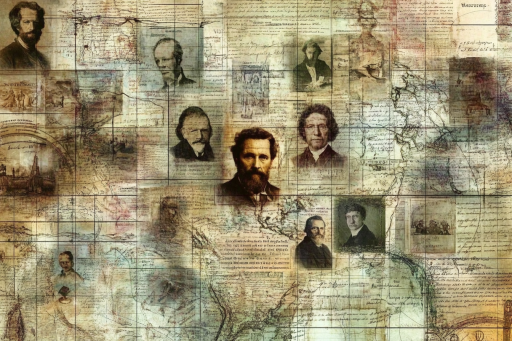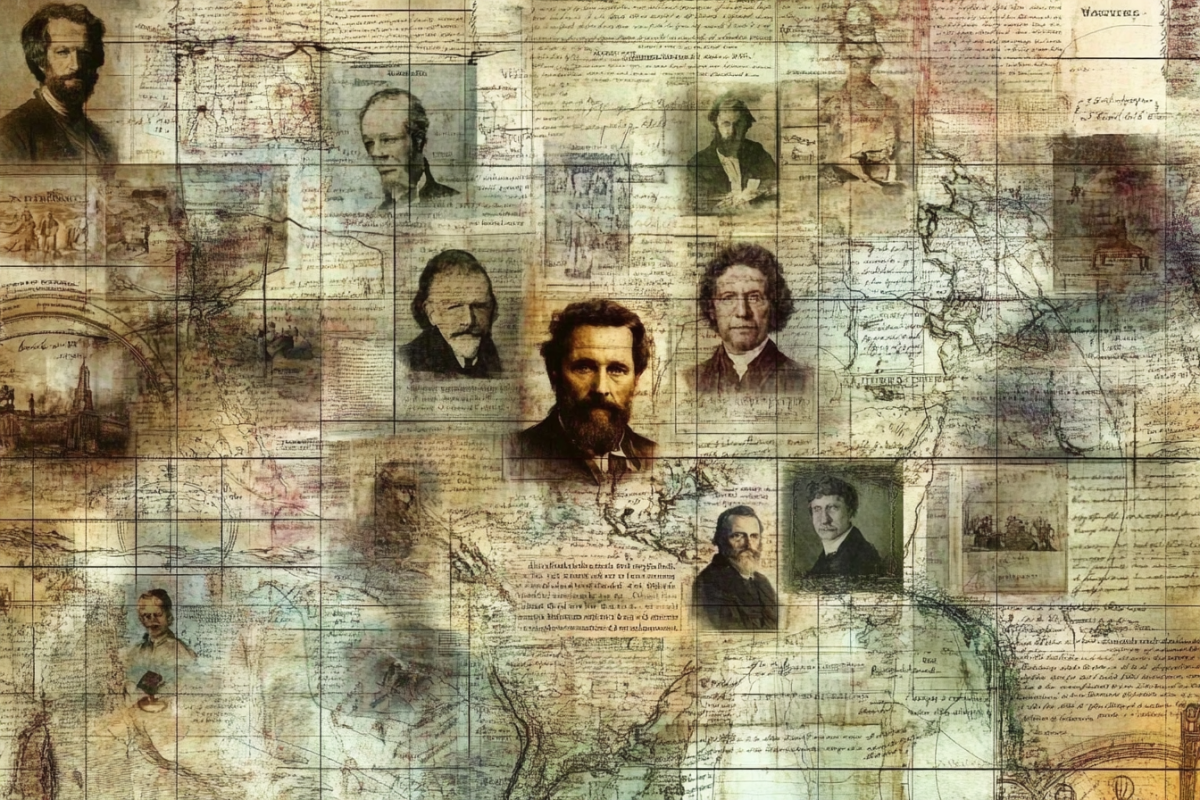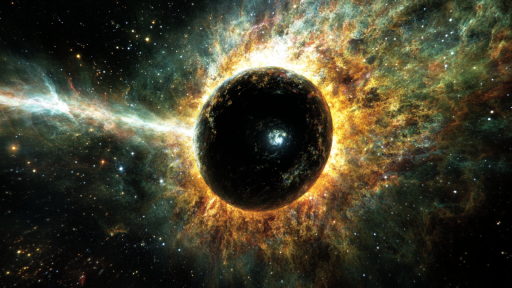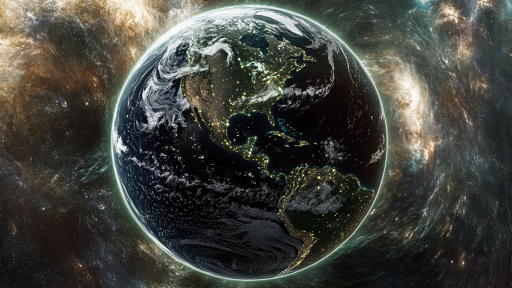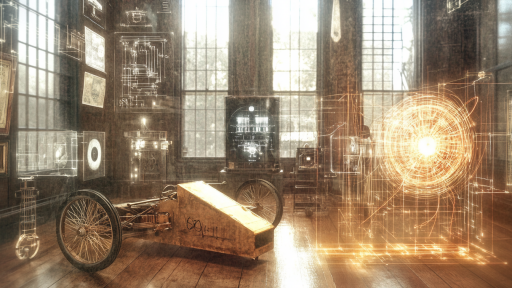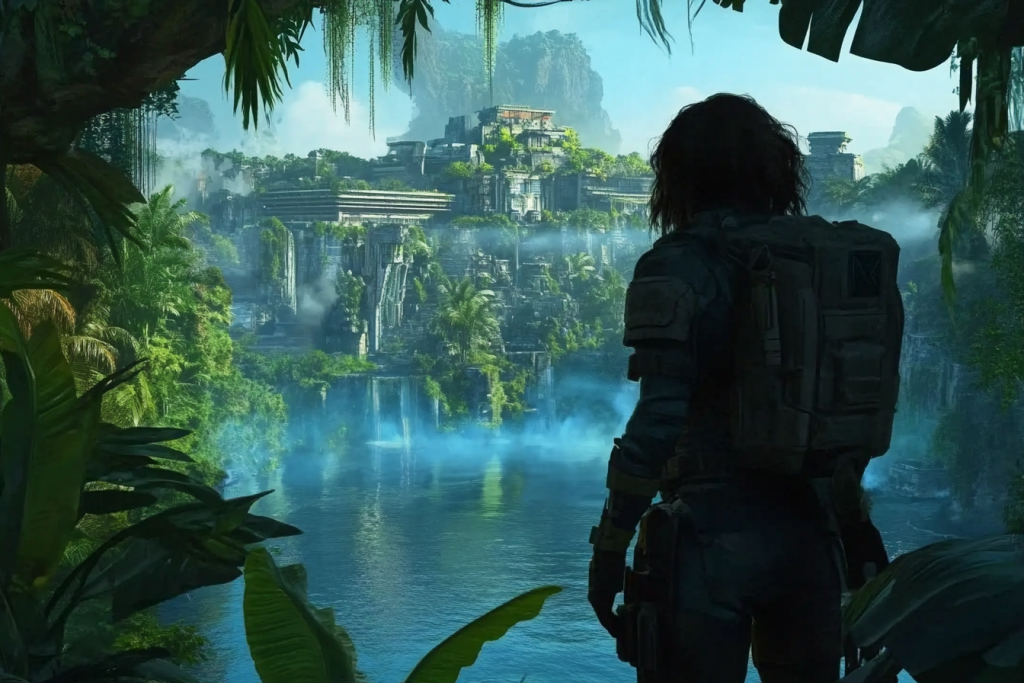
History remembers the most famous explorers, but many others made incredible discoveries that changed the way we see the world—only to be forgotten. From uncovering lost civilizations to mapping uncharted lands, these pioneers risked everything in their pursuit of knowledge. Their contributions shaped history, yet their names remain largely unknown. It’s time to bring their astonishing achievements back into the spotlight.
Ibn Battuta – The Man Who Traveled Farther Than Marco Polo

While Marco Polo is often credited as history’s greatest traveler, Ibn Battuta journeyed across Africa, the Middle East, India, and even China in the 14th century. Over 30 years, he traveled an estimated 75,000 miles, visiting over 40 modern countries. His detailed writings provide one of the most comprehensive accounts of the medieval world. Despite his extraordinary travels, his name remains far less known than other explorers of his time.
Jeanne Baret – The First Woman to Circumnavigate the Globe

In the 18th century, Jeanne Baret disguised herself as a man and joined a French expedition, becoming the first woman to sail around the world. As a botanist, she made significant plant discoveries, including bringing the bougainvillea to Europe. Her secret was eventually discovered, forcing her to leave the expedition, but she completed her journey years later. Despite her groundbreaking achievement, history largely overlooked her story.
Matthew Henson – The Unsung Hero of Arctic Exploration

While Robert Peary is often credited with reaching the North Pole, his trusted companion, Matthew Henson, played an equal—if not greater—role in the expedition. Henson, an African American explorer, was an expert in Arctic survival and even led Peary’s final push toward the pole in 1909. Despite his contributions, he was largely ignored due to racial prejudice at the time. It took decades for Henson to receive the recognition he deserved.
Alexandra David-Néel – The Woman Who Entered Forbidden Tibet

In 1924, Alexandra David-Néel became one of the first Westerners to reach Lhasa, Tibet, at a time when foreigners were banned. She disguised herself as a Tibetan pilgrim and made the dangerous trek through snow-covered mountains. Along the way, she studied Buddhist philosophy, learned ancient meditation techniques, and even lived in a Himalayan cave for years. Her fearless journey challenged societal norms and deepened Western knowledge of Tibetan culture.
Pytheas of Massalia – The First to Describe the Arctic

Over 2,000 years ago, Greek explorer Pytheas of Massalia sailed beyond the known world, reaching the far north of Europe. He was the first to describe the Arctic, mentioning a mysterious land called Thule, where the sun barely set in summer. His accounts of floating sea ice and midnight sun were dismissed as myths for centuries. Modern explorers later confirmed that Pytheas had, in fact, glimpsed the polar regions long before anyone else.
Pedro Páez – The First European to Discover the Source of the Blue Nile

Centuries before the famous explorer James Bruce claimed to have found the source of the Blue Nile, Spanish Jesuit missionary Pedro Páez had already done it in 1618. He not only discovered the legendary source but also wrote detailed descriptions of Ethiopian culture, history, and geography. Unlike other European explorers, Páez was deeply respected in Ethiopia and even learned multiple local languages. Despite his achievements, his contributions were long overshadowed.
Roy Chapman Andrews – The Real-Life Indiana Jones

Often considered the inspiration for Indiana Jones, Roy Chapman Andrews led daring expeditions across the Gobi Desert in the early 20th century. He discovered the first-known dinosaur eggs, proving that dinosaurs laid eggs like modern reptiles. His team also uncovered fossils of prehistoric mammals and unknown species. Though famous in his time, his name faded from public memory despite his groundbreaking contributions to paleontology.
Adriaan van der Donck – The Man Who Documented Early New York

Long before New York became a global metropolis, Adriaan van der Donck was one of the first Europeans to explore and document the region. He wrote extensive accounts of the land, the indigenous Lenape people, and the natural beauty of what is now New York State. His advocacy for fair treatment of Native Americans and democratic governance made him unpopular with colonial authorities. Over time, his name disappeared from history, but his writings remain invaluable records of early America.
Nicholas Miklouho-Maclay – The Explorer Who Lived Among Cannibals

Russian explorer Nicholas Miklouho-Maclay spent years living among the indigenous Papuans of New Guinea, a group feared by outsiders due to rumors of cannibalism. Instead of approaching them with force, he gained their trust and documented their culture in great detail. Unlike many 19th-century explorers, he argued against the racial superiority ideas of his time and advocated for indigenous rights. His findings challenged Western perceptions but were largely forgotten outside of Russia.
Josephine Peary – The Arctic Explorer Who Defied Expectations

While her husband, Robert Peary, is remembered for his Arctic expeditions, Josephine Peary was an explorer in her own right. She traveled to the Arctic while pregnant, spending months in the harsh environment and documenting her experiences. She wrote books about life in the Arctic, becoming one of the first women to explore such extreme conditions. Though overshadowed by her husband, her resilience and determination make her a forgotten pioneer of polar exploration.
Xuanzang – The Monk Who Walked Across Asia

In the 7th century, Xuanzang, a Chinese Buddhist monk, made an extraordinary journey across Asia, traveling from China to India in search of sacred Buddhist texts. His travels took him through treacherous deserts, high mountains, and foreign empires, where he collected scriptures and documented cultures along the way. His writings later helped shape China’s understanding of India and Buddhism. Despite his impact, his name is far less recognized than other famous explorers of his era.
The Lost Names of History’s Greatest Adventurers

While some explorers became household names, others faded into obscurity despite their astonishing achievements. Their stories remind us that history is often selective in who it chooses to remember. Yet, their discoveries still shape the way we see the world today. Perhaps the greatest explorers are not those most remembered, but those whose courage led them beyond the edges of the known world.

